People
Faculty
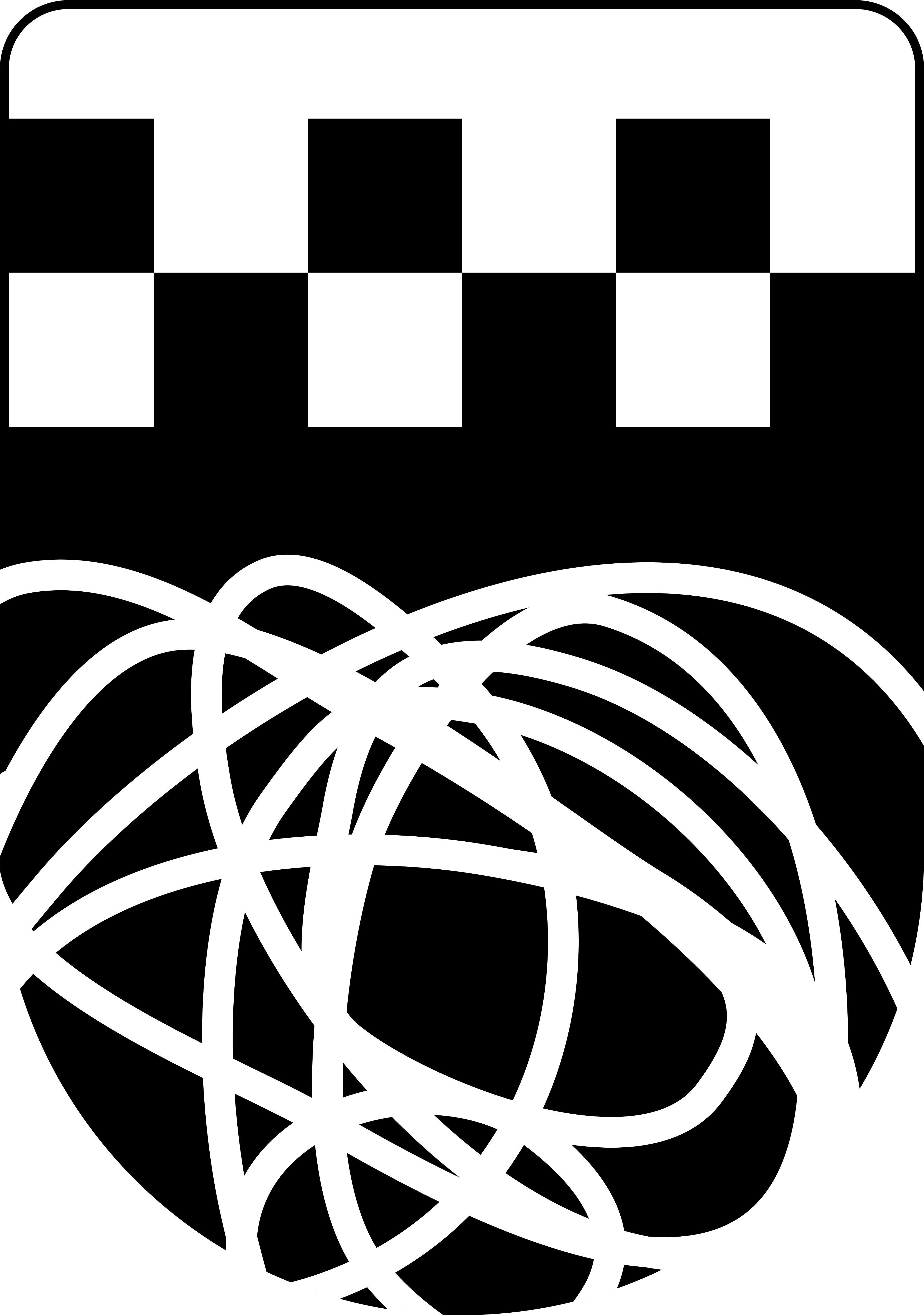
Complex Social & Computational Systems Group
The Complex Social & Computational Systems Group conducts interdisciplinary research at the intersection of technology, social dynamics, and policy to address challenges in online discourse and societal cohesion. Combining computational methods with social science, their work informs ethical platform design, counters misinformation, and promotes healthier digital ecosystems. Key projects include:
- Designing Social Media Recommendation Algorithms for Societal Good (ERC-funded): Aims to redesign content recommendation algorithms to reduce systemic risks (e.g., polarisation, outrage) under the EU's Digital Services Act.
- The Spread of Conspiracy Theories in Online Spaces (FWF/netidee-funded): Analyses German-language Telegram data (23TB from the "Schwurbelarchiv") to disentangle individual, social, and technological drivers of conspiracy theory dissemination.
- The Fracturing of Honesty in Political Communication: Traces the rise of "belief-speaking" (subjective, evidence-free claims) vs. "truth-seeking" (evidence-based discourse) in U.S. politicians' tweets (2011–2022).
- Effectiveness of Counterspeech Strategies: Collaborates with social scientists to identify effective tactics (e.g., humour, questioning) against organised hate groups (e.g., Reconquista Germanica). Uses machine learning to classify strategies and measure de-escalation outcomes in German Twitter data.
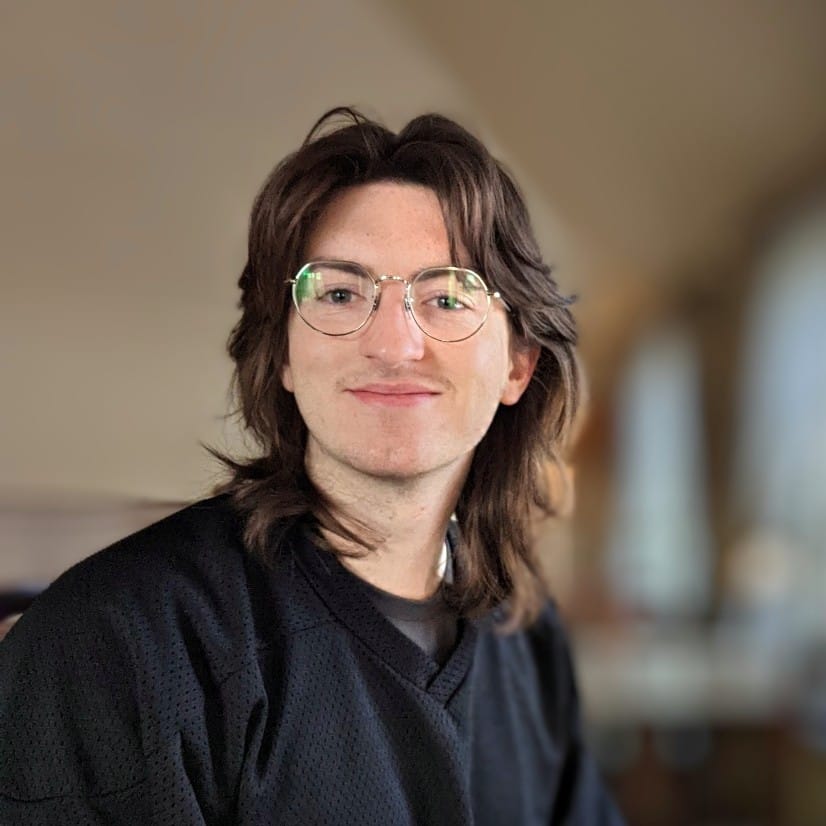
Tim Booker
Tim Booker explores the societal implications of social media, with a focus on how recommender systems influence beliefs, communication, and culture within Western liberal democracies. His doctoral thesis designs and evaluates alternative recommender systems that prioritise healthier civic discourse over typical engagement metrics.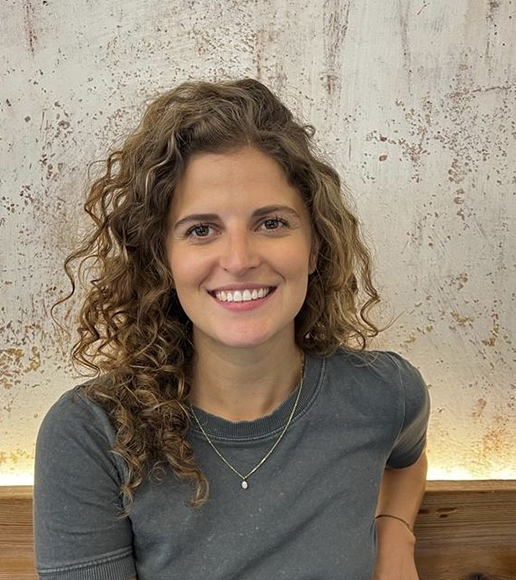
Elisabeth Höldrich
Elisabeth Höldrich is a PhD candidate at the IDea_Lab since 2024, researching the rise and spread of conspiracy theories in online environments within the Orientation in Conspiration project (ORION). Through the application of Natural Language Processing and topic modelling Elisabeth hopes to measure different characteristics of individual conspiracy theories and identify which of these characteristics contribute most to the popularity of a conspiracy theory.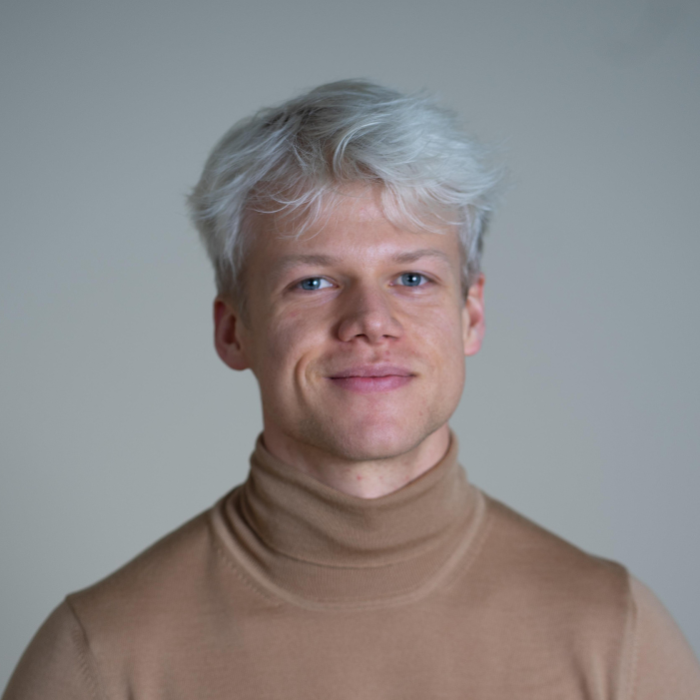
Mathias Angermaier
Mathias is researching dynamics in collective adaptation and the transformation of social norms. By tracking the flow of information and the characteristics of their content, he tries to find reoccurring narratives and their possible impact on the way they shape communities.Speakers
Audrey Tang
Audrey Tang is a Taiwanese software pioneer—an open-source programmer, civic hacker (g0v), and Taiwan’s former national Digital Affairs Minister, serving from August 2022 to May 2024.
Today, Audrey serves as Taiwan’s Cyber Ambassador-at-Large, promoting open government, digital democracy, Alignment Assemblies, and the vision laid out in their book Plurality.
At DDNSF 2025, Audrey will give an online keynote on "The Future of Governance and Social Technologies" and will be available for a Q&A afterwards.
Our recommended readings: Plurality: The Future of Collaborative Technology and Democracy (Tang & Weyl et al., 2024) (Download as pdf or audiobook), “A Strong Democracy Is a Digital Democracy” (NYT, 2019).
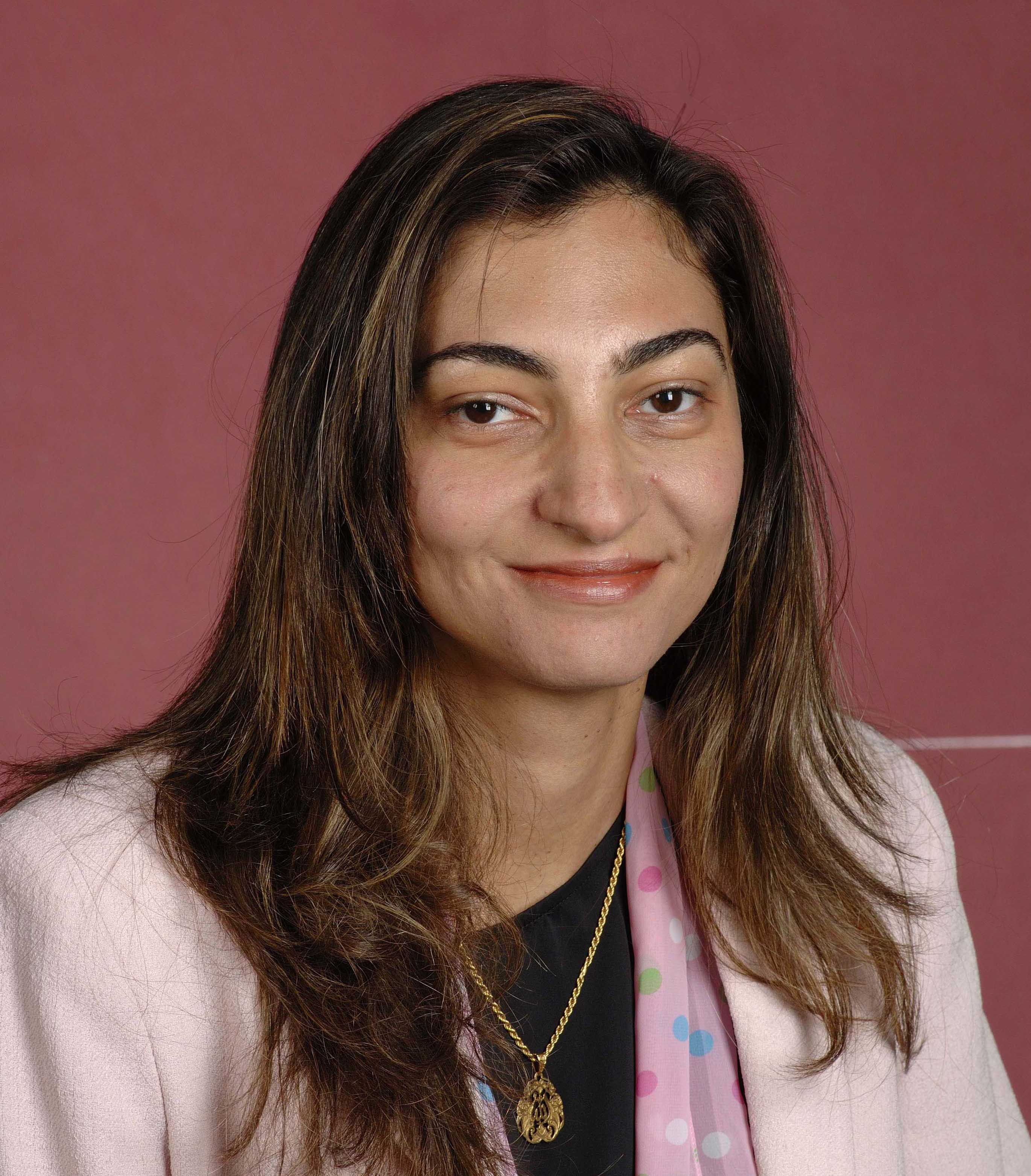
Rasha Abdulla
Rasha is a Professor of Journalism and Mass Communication at the American University in Cairo, Egypt. Her research interests include the uses and effects of new media; media in transition; social media and mobilisation; social media and the public sphere; and issues of freedom of expression.
She is the author of The Internet in Egypt and the Arab World [in Arabic, Afaq Publications]; The Internet in the Arab World: Egypt and Beyond [Peter Lang, Inc]; Policing the Internet in the Arab World [the Emirates Centre for Strategic Study and Research]; and numerous other monographs, reports, book chapters, and research articles featured in top-tier international journals.
At DDNSF 2025, Rasha will share her research on the influence of the internet in Egypt, and the Arab world at-large, including how it has mediated and interacted with civic discourse, collective decision-making, and governance.
Our recommended publications: "Facebook polls as proto-democratic instruments in the Egyptian revolution: The 'We Are All Khaled Said' Facebook page" (Abdulla et al., 2018) and "The Internet in the Arab world: Egypt and beyond" (Abdulla, 2007)
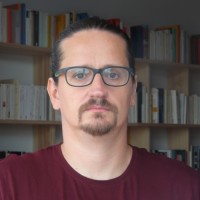
Bernhard Rieder
Bernhard is an associate professor in New Media and Digital Culture at the University of Amsterdam and a researcher with the Digital Methods Initiative.
His research focuses on the history, theory, and politics of software and in particular on the role algorithms play in the production of knowledge and culture. This work includes the development, application, and analysis of computational research methods and the investigation of political and economic challenges posed by large online platforms.
He is also an active contributor to numerous software projects, mainly in the areas of digital research methodology, data visualisation, and geolocalisation.
At DDNSF 2025, Bernhard will introduce the analysis of social media data using digital methods: a theoretically involved, yet highly practical, approach to the study of social media.
Our recommended publications: "From ranking algorithms to 'ranking cultures': Investigating the modulation of visibility in YouTube search results" (Rieder, Matamoros-Fernández, and Coromina 2018) and "Towards a political economy of technical systems: The case of Google" (Rieder, 2022)
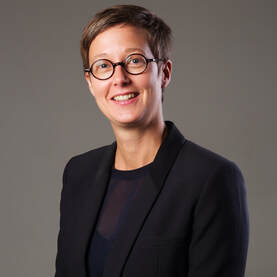
Karoline Wiesner
Karoline is a Professor of Complexity Science and leader of the Complexity Science Group at the University of Potsdam, Germany.
Her group develops the foundations of complex systems (information theory), the dynamics of democracies (blending political science and statistical-physics-inspired methods), and neural networks.
At DDNSF 2025, Karoline will share her research on the dynamics of democracies, discussing the classification, properties, and dynamics of democracies, based on empirical datasets, through a complex systems lens.
Our recommended publications: "The principal components of electoral regimes: separating autocracies from pseudodemocracies" (Wiesner, Bien, and Wilson, 2024) and "What is a complex system?" (Ladyman, Lambert, and Wiesner, 2024)
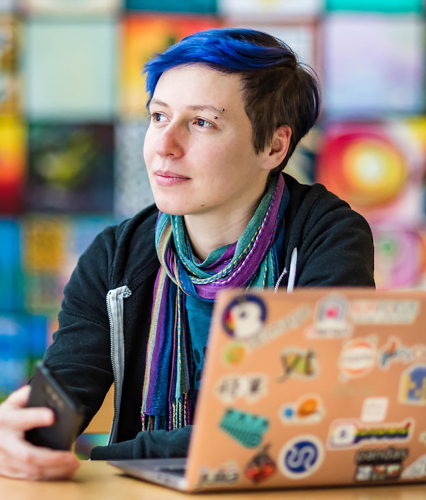
Jana Lasser
Jana is a Professor for Data Analysis at University of Graz and leads the research group of Complex Social & Computational Systems. She researches emergent phenomena in complex social systems, employing methods from machine learning, data science, natural language processing and computational and statistical modelling to understand how humans behave in socio-technical environments.
Her current research interests include the effectiveness of counterspeech strategies and the spread of misinformation on social media platforms, the fracturing of our society's understanding of "honesty" and the impact of social media recommendation algorithms on societal outcomes.
She has also recently commenced the "DESIRE" project (Designing Social Media Recommendation Algorithms for Societal Good) under the ERC Starting grant. She aims to research alternative content recommendation algorithms for social media platforms to improve the typical engagement-based optimisations.
As the group lead of CS^2, the hosting institute of DDNSF 2025, Jana will introduce the group, explaining its approach, goals, and accomplishments.
Our recommended publications: "From alternative conceptions of honesty to alternative facts in communications by US politicians" (Lasser, 2023) and "Different honesty conceptions align across US politicians' tweets and public replies" (Carella et al., 2024)
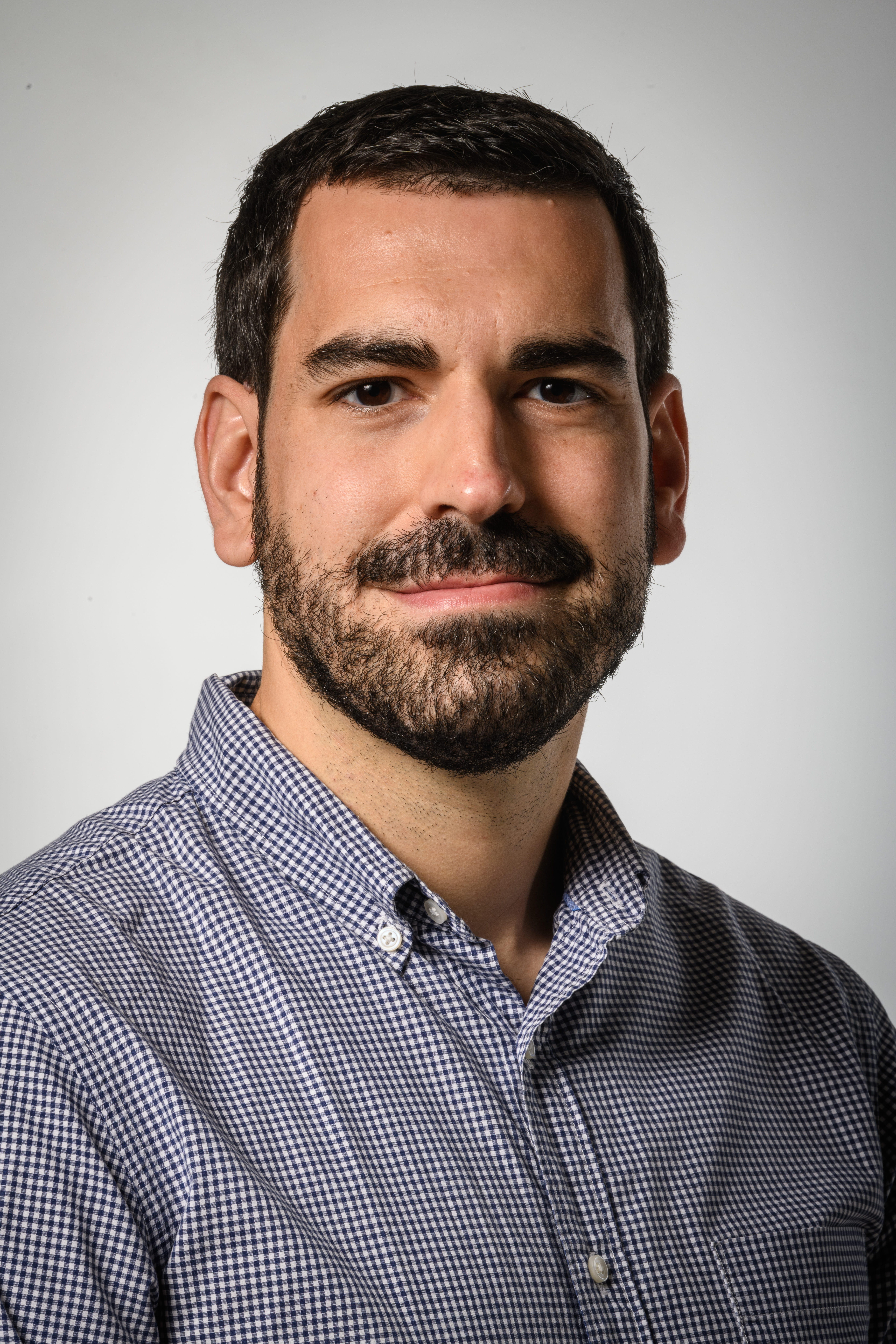
Étienne Brown
Étienne is an Associate Professor of Philosophy at San José State University, in the United States. His work sits at the intersection of political philosophy, ethics, and the philosophy of technology, with a current focus on the normative implications of the digital public sphere (especially content moderation and algorithmic recommendation).
He is also the founder and co-organiser of Philmod.org, a community of academic researchers and technology professionals interested in the ethics of social media platform policy.
At DDNSF 2025, Étienne will introduce us to the normative foundations of democracy, and share his thinking on the normative implications of the digital public sphere.
Our recommended publications: "Regulating the spread of online misinformation" (Brown, 2023) and "Propaganda, Misinformation, and the Epistemic Value of Democracy" (Brown, 2023)
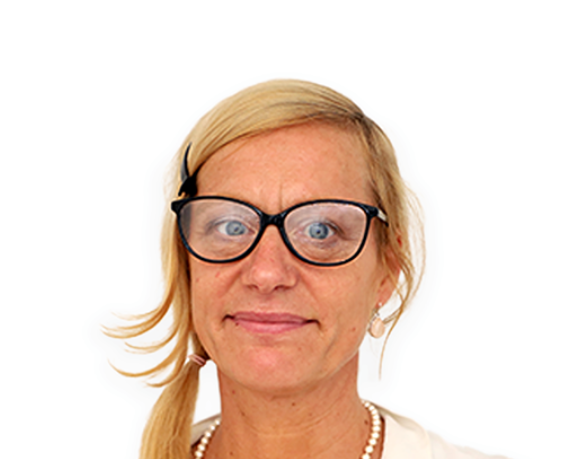
Nadja Meisterhans
Nadja Meisterhans is a professor for political philosophy at Karlshochschule in Karlsruhe, specializing in critical theory, psychoanalysis, and postcolonial feminist critiques of power and domination.
Her research is focusing on global governance, civil society, and social movements and specializes in the intersections of critical theory and psychoanalysis, particularly in the context of the authoritarian crisis of liberal democracy.
Our recommended publications: "Authoritarian Populism and the Dialectics of Desire. Perspectives of Ideology-Critique" (Meisterhans, 2021) and "An alternative model of governance?" In: Journal for Development and Cooperation (DC) (Meisterhans, 2014)
Teaching Assistants
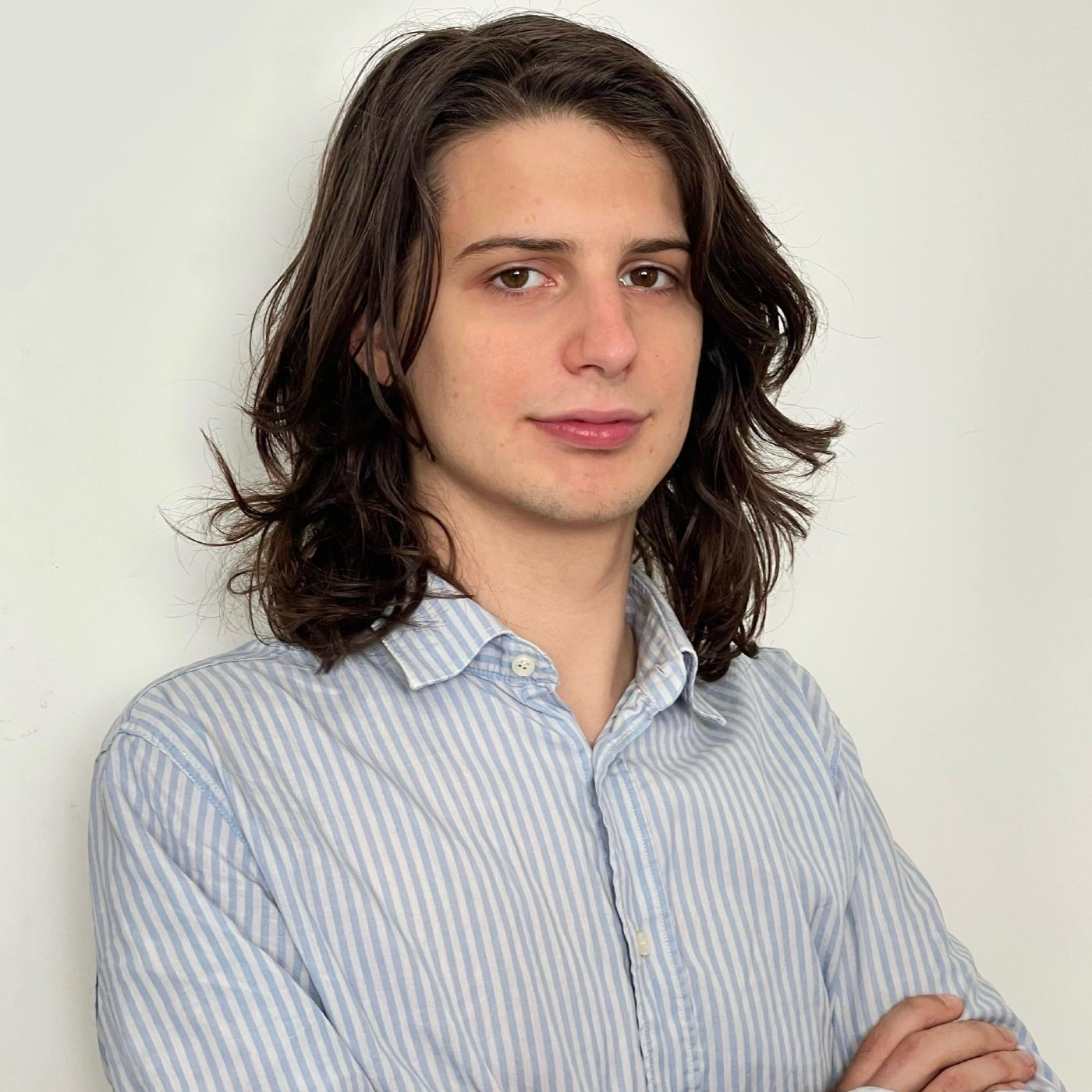
Ruggero Marino Lazzaroni
Ruggero is a PhD researcher at CS^2, Graz University, focusing on using large language models to enable social science simulations, with a particular interest in applying LLMs to analyse disinformation dynamics and collective behaviour. He holds a Bachelor's degree in Philosophy, International and Economic Studies from Ca' Foscari University and a Master's degree in Social Data Science from RWTH Aachen, where he researched chain-of-thought approaches for LLM-based social simulations for his Master thesis.
His research combines LLM fine-tuning and agent-based modelling, while also maintaining several industry collaborations as an Al consultant, developing custom RAG systems and knowledge graph solutions. Outside academia, he contributes to data (and traditional) journalism projects at Scomodo magazine, applying machine learning methods to analyse political and social phenomena. His side projects include developing tools for polling data analysis, fine-tuning models for various purposes, and creating datasets for academic research. His approach involves bridging theoretical frameworks with practical applications, using computational methods to understand social dynamics while ensuring results are accessible and meaningful for both academic and public audiences.
At DDNSF 2025, he will assist in supervising the project work, and provide a tutorial in Week 1, guiding the students to understand and use LLMs for research.
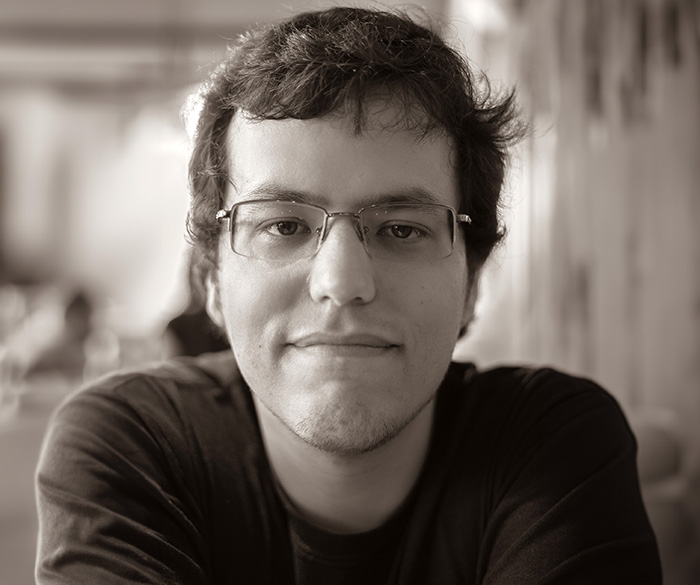
João Neto
João is a physicist with an interest in computational social science. He focusses on comparing social media platforms, trying to understand what makes them tick. He uses data-driven toy models to help design social media platforms that are better, and more resilient to manipulation by bad actors. He also believes that timely research can influence decision-making and ultimately pressure platforms into design decisions that do more than blindingly chase engagement metrics.
His approach involves large-scale data collection, as well as analysis and modelling using techniques from physics, statistics, and machine learning. In particular, he focusses on large language models as both object of research (their impact on social media) and as tools for simulating and analysing social media content.
As a CS^2 local, João will assist in supervising the DDNSF 2025 project work, and provide a tutorial in Week 1, guiding the students to understand and use LLMs for research.
